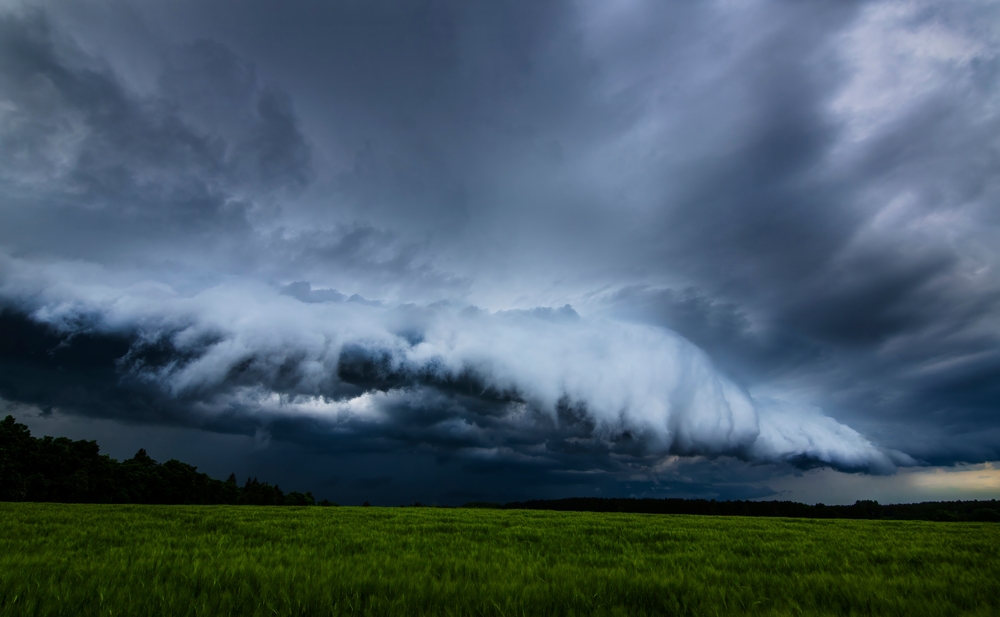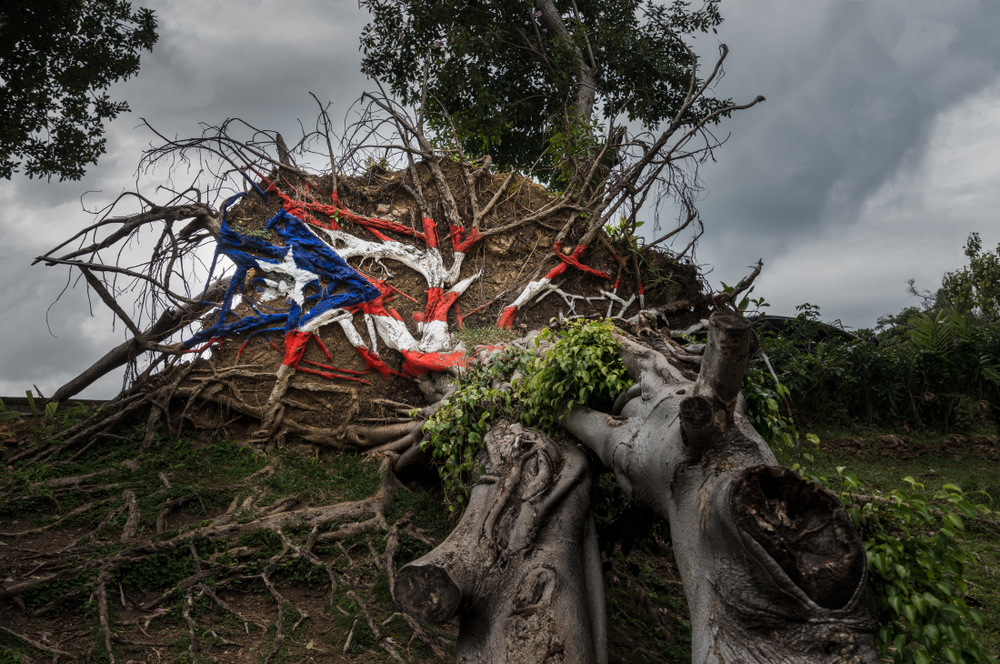As climate change intensifies, commercial real estate (CRE) faces increasing threats from extreme weather events. Severe storms, flooding, hurricanes, and wildfires can have devastating effects on commercial properties, leading to financial losses and business disruptions. To ensure resilience, it’s imperative for CRE owners and managers to implement robust security technology and critical communications protocols to prepare for these unpredictable events.
Using critical communications to navigate extreme weather and natural disasters in commercial real estate


Weather threats in the UK: Meadowhall shopping centre
In the UK, flooding is a major concern, particularly for properties near water. For example, the Meadowhall shopping centre in Sheffield, situated near the River Don, has had to activate its flood defences multiple times during extreme weather. In November 2019, heavy rains flooded the streets around Meadowhall, forcing shoppers to seek shelter inside the centre overnight.
This highlights the need not only for physical flood defences but also for effective crisis management, such as critical communications with tenants, providing refuge, and coordinating with emergency services.
The cost of weather events in the US
In the United States, the scale of weather events is even more extreme. In the first half of 2024, the US experienced 19 major weather or climate disasters, each causing over $1 billion in damage. These included hurricanes, tornadoes, wildfires, and severe storms, amounting to $94.9 billion in total damages in 2023, with nearly 500 lives lost.
Hurricanes are a particular threat to CRE properties in high-risk areas. Strong disaster management and crisis communications strategies are essential, not only to protect the buildings but also to ensure the safety of tenants, employees, and visitors.

Unprecedented rainfall in the Middle East
Even regions not typically affected by extreme weather are feeling the impacts. In April 2024, intense flash floods hit the Middle East when a year and a half’s worth of rain fell in a single day. Major commercial spaces, such as Dubai Mall and Mall of the Emirates, were impacted, showing that no area is immune to the effects of climate change.
Scientists linked this event to climate change, noting that the storms were 10-40% more intense due to rising global temperatures. This is a stark reminder for CRE owners and managers to prepare for extreme weather, even in regions where such events have historically been rare.
4 key crisis management tips for commercial real estate
- Clear Protocols and Procedures: Ensure that all staff are aware of emergency protocols and update them regularly. Use centralised systems to notify managers and staff of critical information during a crisis.
- Regular Data Checks: Keep all contact information and critical data updated on a single platform. Relying on multiple systems can slow decision-making in an emergency. Data integrity is essential, especially when onboarding staff.
- Control Information and Maintain Transparency: Misinformation can spread quickly during a crisis. Share only verified information to keep everyone informed and avoid panic. Clear, controlled communication is key to maintaining trust.
- Swift Return to Normal Operations: Crisis management doesn’t end with the event. Effective post-incident critical communications is crucial to resuming operations quickly. An instant communication platform can help relay essential updates and demonstrate the property’s resilience.

Case study: Urban Edge properties and hurricane Fiona
Urban Edge Properties provides a strong example of effective crisis management during Hurricane Fiona in 2022. Using the Kinexio platform, they managed risks at two major malls in Puerto Rico—The Outlets at Montehiedra and Las Catalinas Mall.
Having already experienced Hurricane Maria in 2017, Urban Edge was well-prepared for Fiona. Through Kinexio they quickly informed 185 tenants about safety procedures, adjusted operating hours, and provided resources for employees. Both malls reopened the next day, demonstrating the power of rapid, coordinated communication. The app also facilitated a donation campaign for families affected by the hurricane.
Read Securing Commercial Real Estate Spaces to learn more
For a deeper dive into how CRE managers can protect their spaces from the threat of extreme weather, read our Commercial real estate security eBook – no form or registration required. This guide offers expert insights from Knight Frank, Landsec and JLL, real life case studies following security threats and hurricanes, and step-by-step strategies for improving security in public spaces. Don’t wait for the unthinkable to happen-start preparing today.